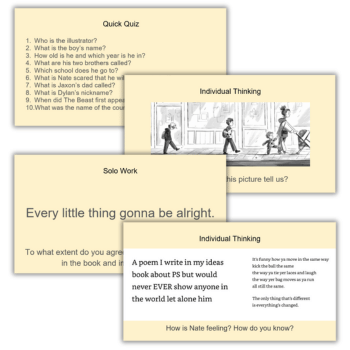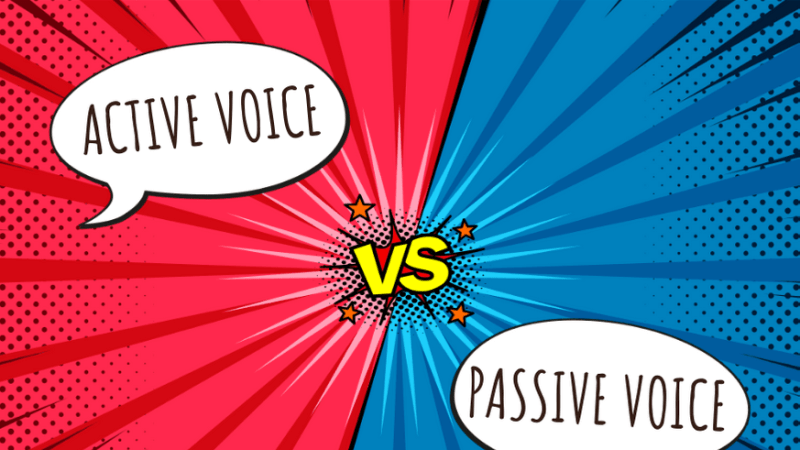Teaching poetry – Embracing diverse accents

Poetry ain’t half fun, and celebrating diverse accents and dialects is one of its pure joys, allowing pupils to produce some truly mint writing…

I was a full-time class teacher for eight years. Back in those days, before I left teaching to embark on my current career as a poet, I worked in a deprived one-form entry school in East Manchester.
The children I taught were bright, sparky and often streetwise kids, who used their natural northern dialect to express themselves. Like every other teacher in the country, though, I was under pressure from Ofsted to model and expect the use of standard spoken English in the classroom.
The children I taught would ask: “Mr Goodfellow, can I go toilet?”, or in answer to a question about what they’d done over the weekend, might respond: “I went town with me dad.” I, of course, was obligated to correct them: “I think you mean, ‘Can I go to the toilet?’, and ‘‘I went to town with my dad.’”
Early on in my first year as a teacher, a lad in my class asked me a question that stopped me in my tracks: “Mr Goodfellow, how come you tell me it’s wrong to say, ‘Can I go toilet?’ when my dad says it, and my grandad says it?”
I got what he meant immediately. The way we talk is part of our cultural heritage. It’s full of the musicality and nuance of our history and experience of life. So why aren’t we allowed to fully embrace and celebrate this our diverse accents and dialects?
Talk proper
Well, like a lot of things, the notion of a ‘proper’ way to speak stems from the British Empire. The ruling upper-middle classes of a few hundred years ago decided that the way they spoke English was the only way to speak it. And anyone who didn’t speak English the ‘proper’ way was somehow inferior and uneducated.
And here we are in 2023, hundreds of years later, in a beautifully culturally diverse UK, with our classroom practice still dominated by a set of language rules designed to repress the incredibly varied and beautiful range of accents and dialects spoken throughout the country.
As long as Ofsted expects standard spoken English (SSE) to be demonstrated by teachers across the UK, it seems teachers’ hands are tied.
But are they, really?
I believe that even within the constraints of outdated language expectations in the current education system, there is a space for children and young people to fully explore their own voice: and that space is poetry.
Teaching poetry
I call poetry ‘rebel writing’ when working in schools. It’s a space free from the linguistic and grammatical constraints piled on both teachers and children. Rebels don’t follow rules.
When reading and writing poetry, children can express themselves in their own voice and talk about their life. And this voice has a power; to carry the music and language of their own cultural heritage – to validate their life, their words, their thoughts, feelings and ideas.
So how can we get this free space up and running in the classroom? The answer is incredibly simple: teach poetry on a daily basis.
Read a poem a day, or watch videos of poets reading their work aloud and talking about why poetry matters. Free resources like The Children’s Poetry Archive (childrens.poetryarchive.org) and the CLPE’s bank of over 500 videos of an incredibly diverse range of poets reading poems and discussing poetry (clpe.org.uk/poetry/videos) can be beamed into the classroom easily.
What does this do? Quite simply, it lets children, young people and adults see that poets come from all sorts of backgrounds – with different accents and skin colours. They revel in using their own voice to express themselves.
Simply by exposing children and young people to a wide range of poets and poems, a teacher can start the process of subverting the idea of a generic standard spoken English. In turn, this allows pupils’ cultural heritage to shine through and be celebrated.
Take, for example, the work of poets like Val Bloom, John Agard, Grace Nichols and Benjamin Zephaniah. Why not discuss how poets can push language around like playdough to change the spelling of words so the reader is forced to speak in the poet’s own accent and dialect?
This can tie into lessons on phoneme/grapheme correspondences, too. It’s incredibly empowering for children to explore, for instance, in Zephaniah’s beautiful poem ‘I Luv Me Mudder’, why he chooses to write:
I luv me mudder an me mudder luvs me
We cum so far from over de sea
Public ownership
I think it’s important for children, young people and adults to understand that nobody owns language. This is why, when I’m working in schools across the UK, I encourage children and young people to write in the voice they think in, the voice they use with their mates and parents.
Because this is their real voice – and it has power. I often talk about the fact that as a child growing up in Manchester, my mates and I would never say: ‘magnificent’ or ‘wonderful’. We’d say things like ‘proper good’ or ‘mint’. Whereas my mum, who was born and grew up in Sheffield, would say: ‘reyt good’. One of my best mates, who grew up in Liverpool would say ‘boss’.
Teaching poetry is the perfect way to revel in these kinds of phrases. And to celebrate the amazing differences that make the UK such an interesting tapestry of language.
So, next time you’re teaching poetry in class and writing your own verses, encourage your children to discuss the way they speak outside of school. Gather together words and phrases that show who they are and where they’re from to include in their compositions.
Let the beautiful voices of your community find a place at the centre of your curriculum. You won’t regret it. It’ll be mint.
Four steps to embracing diverse accents and dialects
- Allow space for pupils to hear poetry on a daily basis. Each teacher needs to have a range of poetry collections on their desk to run alongside the class reader; this will open up the conversation that poetry does an infinite amount of things outside of telling a story.
- Use resources like the videos on the poetry section of the CLPE website, and the Children’s Poetry Archive, to expose pupils to a range of poets. Let the children hear and see that poets come from all around the world and speak in their own accents.
- If possible, I would avoid teaching poetry around topics. My advice would be to use the PSHE curriculum to allow children to talk about their own thoughts, feelings and ideas, instead.
- Find poems that have a strong pattern to them. Perform the poem, have fun with it, get drama in. Then use a shared writing session to show how children can borrow the pattern of the starting-point poem. Finally, smash that pattern to create something new.
Matt Goodfellow is a poet and former primary teacher. His first middle-grade verse novel, The Final Year (Otter Barry Books), is out now.










